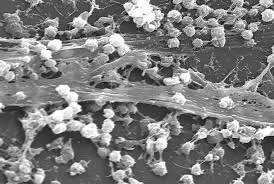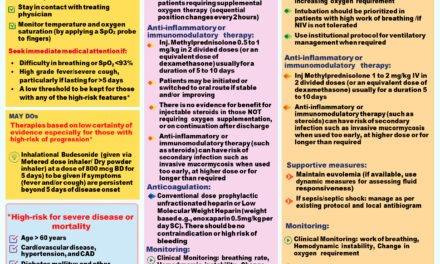In a groundbreaking discovery, scientists at the University of California, Riverside (UCR) have identified a plant-produced chemical that can prevent the formation of biofilms—slimy bacterial layers that pose significant challenges in both medical and industrial settings.
Biofilms are communities of microorganisms, such as bacteria and fungi, that cling to surfaces and form a protective layer. In everyday life, they manifest as the fuzzy plaque on teeth, but in more critical situations, biofilms can make infections harder to treat, particularly in medical devices like catheters, stents, and implants. Biofilms are also problematic in industrial environments, contributing to clogged pipes, equipment corrosion, and contamination in food processing facilities.
The UCR team’s research, published in Nature Communications, focuses on a metabolite produced by plants under stress, known as MEcPP. This chemical plays a crucial role in plants’ stress responses and has now been shown to prevent bacteria from forming biofilms. In particular, the compound disrupts the bacteria’s ability to attach to surfaces, an essential step in biofilm development.
Katayoon Dehesh, distinguished professor of molecular biochemistry at UCR and corresponding author of the study, explained that biofilms are a significant problem not only in natural ecosystems but also in human health and industry. “In simple terms, biofilms are communities of microorganisms that stick together and form a protective layer on surfaces,” she said. “While they’re a natural part of many ecosystems, biofilms can cause big problems.”
MEcPP’s effect was most striking on the bacterium Escherichia coli, a common cause of infections in medical settings. The molecule interferes with the bacteria’s ability to use fimbriae, hair-like structures that anchor them to surfaces. Without these fimbriae, bacteria cannot establish biofilms, which essentially makes them more vulnerable to treatment and cleaning.
Jingzhe Guo, UCR project scientist and first author of the paper, elaborated on the findings. “Through genetic screenings of more than 9,000 bacterial mutants, we identified a key gene, fimE, which acts as an ‘off switch’ for fimbriae production. MEcPP enhances this gene’s activity, preventing the bacteria from producing fimbriae and forming biofilms,” Guo said.
This discovery opens up promising possibilities for various industries. Biofilms not only complicate medical treatments but also result in significant economic losses in sectors like water systems, food processing, and manufacturing. Traditional methods to prevent biofilms often rely on harsh chemicals or expensive treatments, which can be harmful or ineffective as bacteria adapt.
“This molecule offers real potential to improve outcomes in any industries reliant on clean surfaces,” Dehesh added. “From cleaner water systems to better dental care products, the possibilities are immense.”
The researchers hope that their findings could lead to innovative biofilm prevention strategies that are both environmentally friendly and more effective in the long term.
In conclusion, the UCR team’s work highlights the unexpected connections between plant biology and microbiology, underscoring the potential of plant-derived compounds in addressing critical human challenges. As Dehesh remarked, “It’s thrilling to think a molecule that plants use to signal stress might one day help humans combat bacterial threats.”
Source:
University of California – Riverside
Journal Reference:
Guo, J., et al. (2024). An evolutionarily conserved metabolite inhibits biofilm formation in Escherichia coli K-12. Nature Communications. doi.org/10.1038/s41467-024-54501-w












